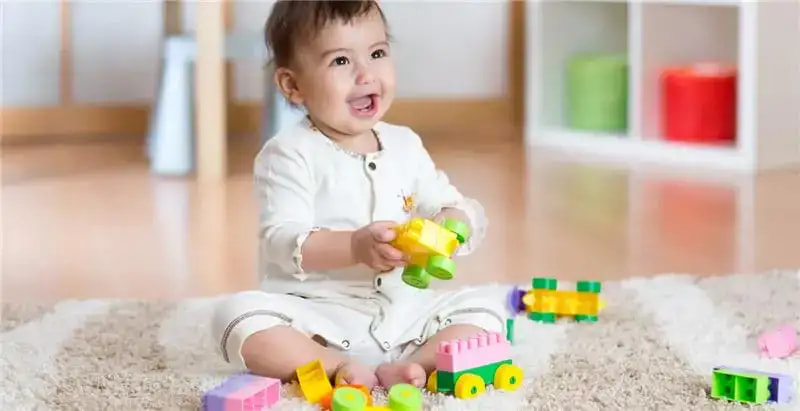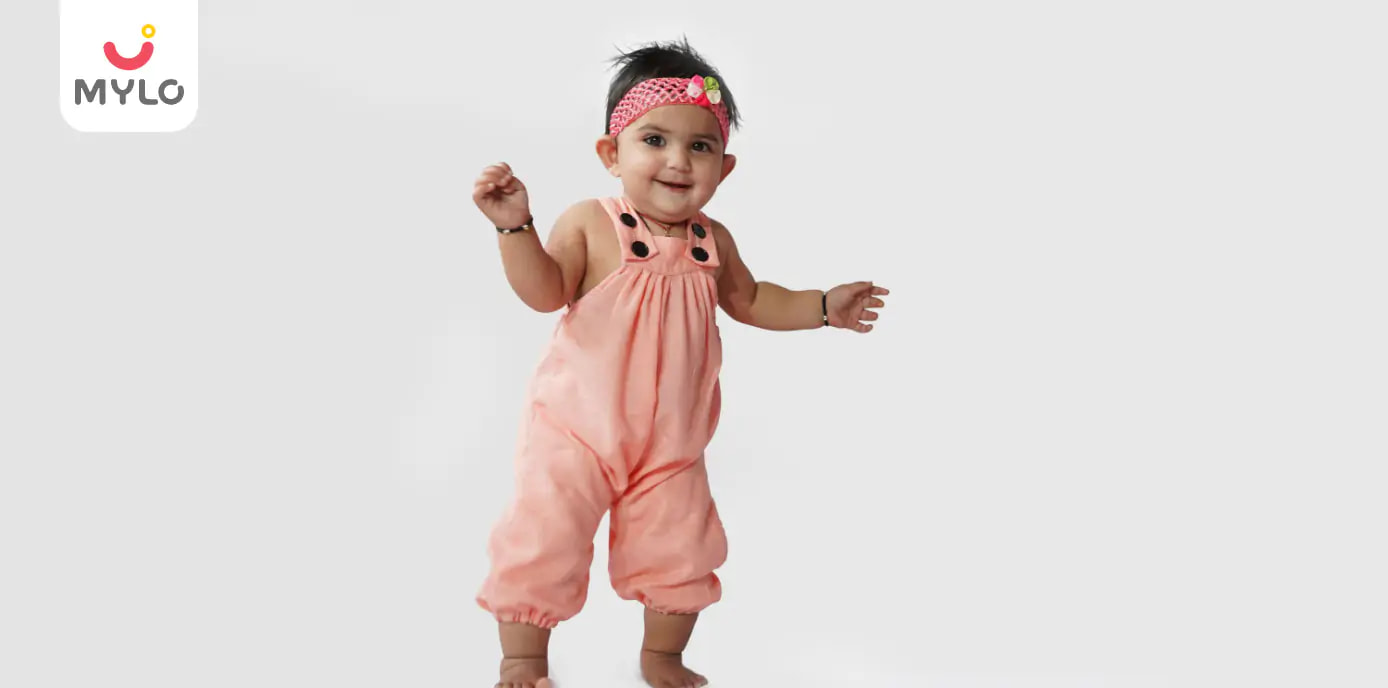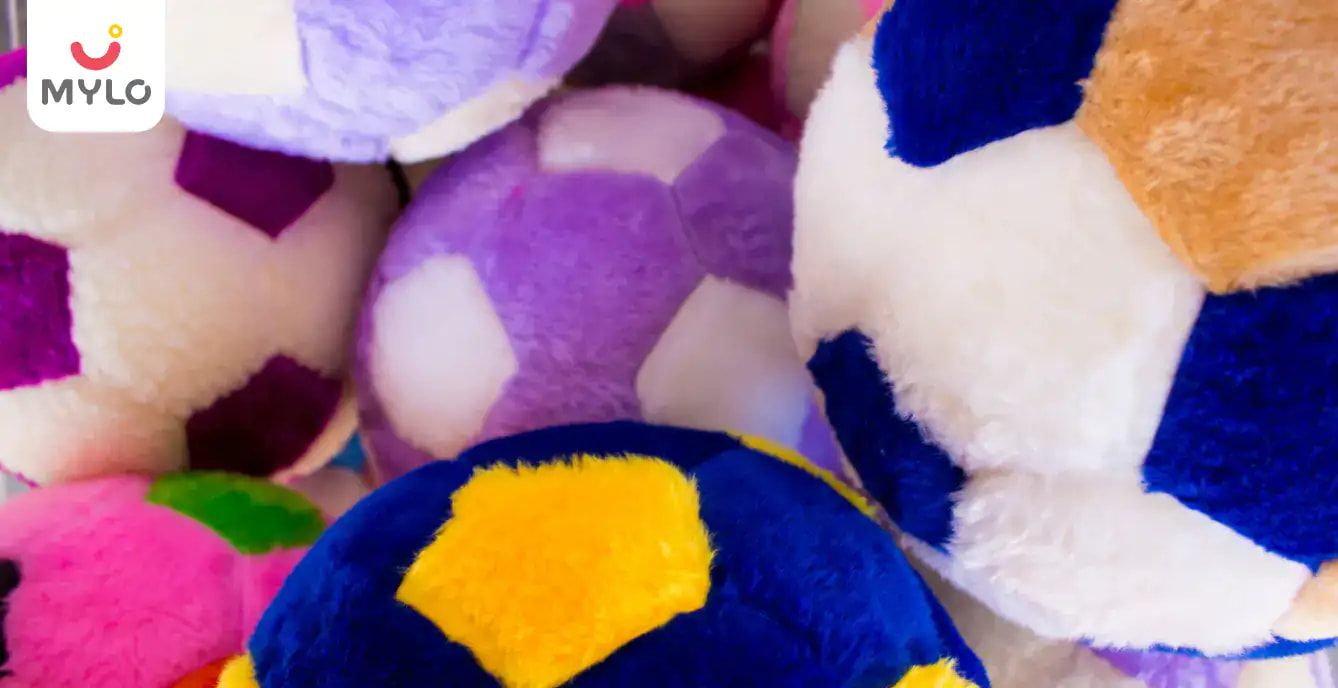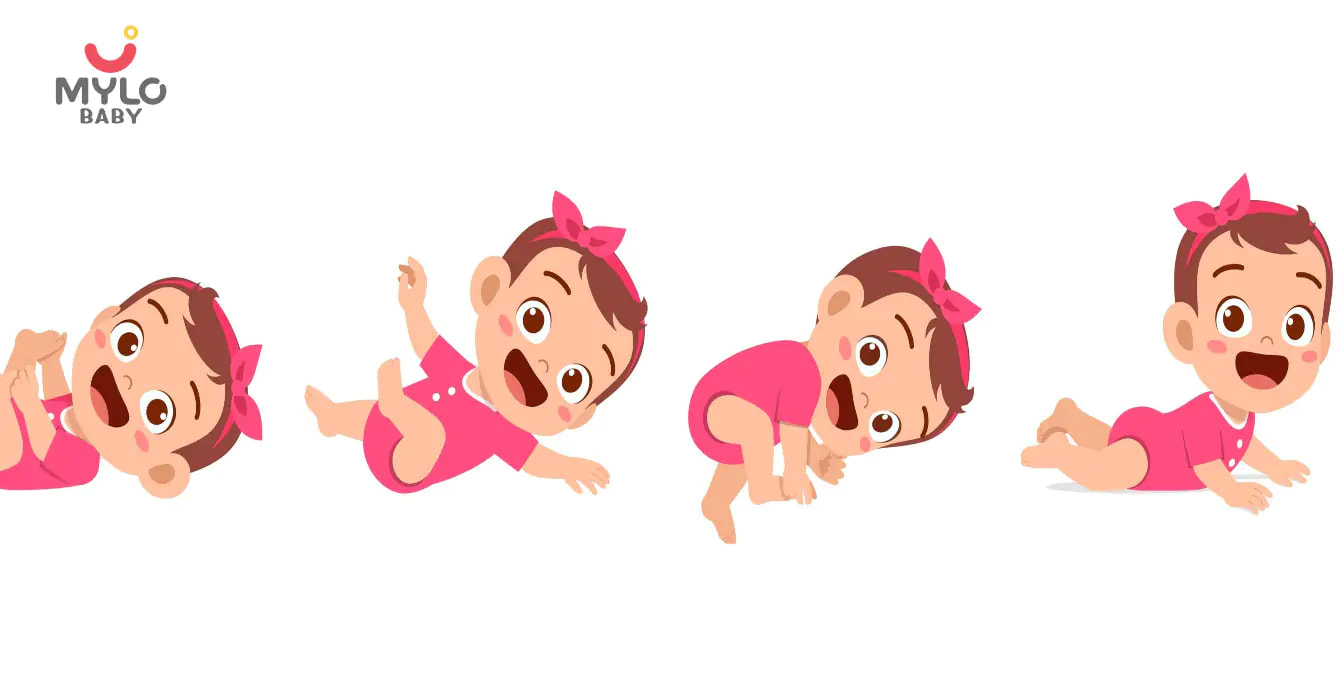Home

Crawling

What Is the Significance of Motor Skills in Children & How to Develop Them?
In this Article
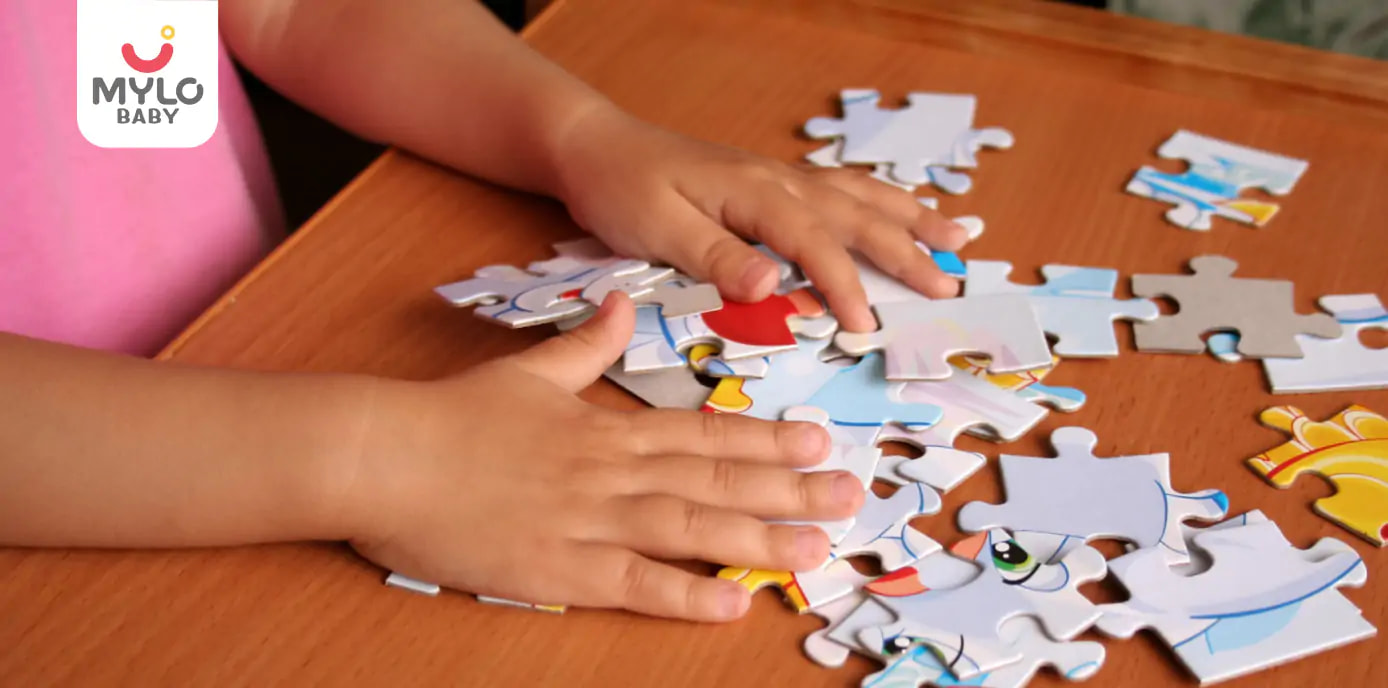
Crawling
What Is the Significance of Motor Skills in Children & How to Develop Them?
Updated on 20 February 2024
For a baby's physical prowess and mobility, motor skills are vital. Every day, we employ our motor abilities in some way. They may do everything from lifting large objects to typing on a keyboard. Children's motor abilities and control begin to develop as soon as they are born and continue to improve throughout childhood.
A child's ability to manage baby motor skills development may help them learn about the world around them in various ways.
Gross motor abilities and fine motor skills are two distinct types of motor talents. Children's development and self-reliance rely on their being able to master these two skills. Gross motor skills activities for babies concern significant muscles like the legs, arms, and trunk. Smaller muscle groups, such as those in the hand and wrist, are involved in fine motor abilities.
How long and how frequently should I have my kid practice their motor skills?
In a nutshell, the answer is yes!
Aside from participating in their regular activities, your child will use their motor skills daily as they age. The development of baby motor skills activities is more difficult for newborns and toddlers. Don't forget to include physical activity and the development of these abilities in your everyday routine.
Is there a particular motor development milestone you want to know about?
There are so many crucial baby motor skills timelines to reach, and they all matter! As a result, you must watch your child's development.
When a goal is met, it often sets the stage for a new one. Babies usually do not begin crawling until they are between 6 and 9 months. Still, they have already met several baby motor skills milestones by then, giving them the strength and self-assurance they need.
4 Ways to Promote Motor Development in Babies in Their First Year
Your kid needs to learn how to move, hold their head up, sit upright, crawl, and ultimately walk within the first year of life. To assist your child in accomplishing these milestones, there are several things you can do as a caregiver. Here are some suggestions to help your baby's motor skills improve throughout their first year.
1. Ensure that they have enough area to move
To develop their motor abilities, babies require a lot of space. If you want your infant to learn to move and build strength, put him on the floor. When it comes to "equipment" like bouncers and swings, you should limit how much time your kid spends on them. A kid's development may be slowed by using a baby walker or a jumper, which encourages the infant to stand on their toes (push toys are okay). It is advisable to put your kid in a playpen or portable cot when you need to keep them safe.
2. It's never too early for tummy time!
For babies, tummy time is the ideal technique to strengthen their neck, shoulders, and arms so that they can crawl and walk in the future. Place your baby on your chest in a semi-reclined posture and let them perform tummy time. Placing a brightly colored item in front of you, a mirror, or even your face might help alleviate irritation. The baby may be put on the floor or on a towel roll placed under their upper chest from armpit to armpit after they have grown the strength to raise the head. If your infant can only handle a few seconds at a time, start with shorter sessions and gradually increase the duration as they become older.
3. Give your child the "just right" test.
Trial and error are essential for motor development, even if your infant is apprehensive. Allow your child to make a few mistakes before stepping in to assist. To assist your infant's progress, you might gradually increase the difficulty of the task they've already mastered. For example, if your baby can sit up alone, encourage him to reach for a toy just out of reach. Try to get them to grasp a toy that is a little bigger or heavier than a rattle if they can do so.
4. Make it enjoyable!
Baby learning is most effective when the child is self-motivated and involved in learning. When teaching new abilities, utilize baby motor skills toys and activities your infant enjoys (try toys with various noises, textures, and colors). Keep in mind that you are your baby's primary source of motivation, so don't forget to congratulate them on their successes!
Final Verdict
Between the ages of 7 and 10 months, most newborns can crawl independently. Your kid may start moving sooner or later than the others. Some newborns never learn to crawl.
Remember that every baby develops and grows at their rate. Don't make comparisons between your child and other newborns. Consult your doctor if you have any concerns about the development of your unborn child.



Written by
Sanju Rathi
A Postgraduate in English Literature and a professional diploma holder in Interior Design and Display, Sanju started her career as English TGT. Always interested in writing, shetook to freelance writing to pursue her passion side by side. As a content specialist, She is actively producing and providing content in every possible niche.
Read MoreGet baby's diet chart, and growth tips

Related Articles
RECENTLY PUBLISHED ARTICLES
our most recent articles
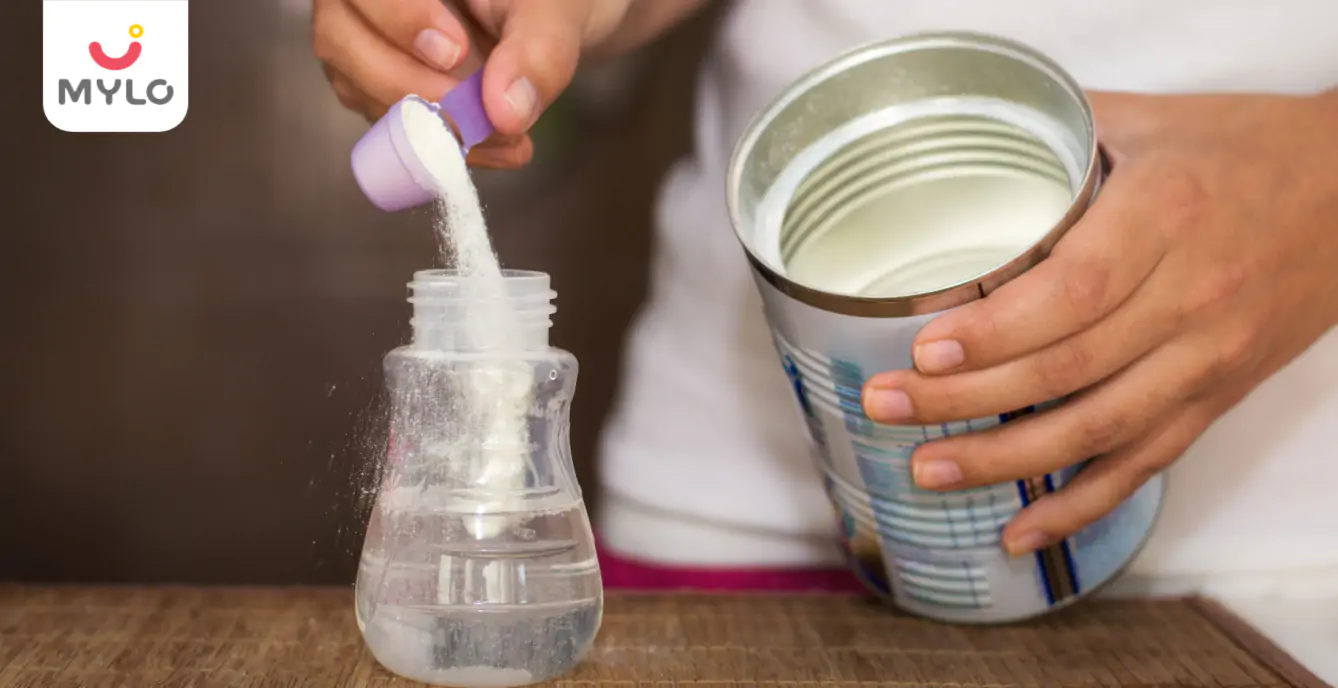
Formula Feeding
The Ultimate Guide to Formula Milk: Everything You Need to Know

Are baby monitors safe or dangerous for your little ones? How to protect your baby from EMF Radiations?
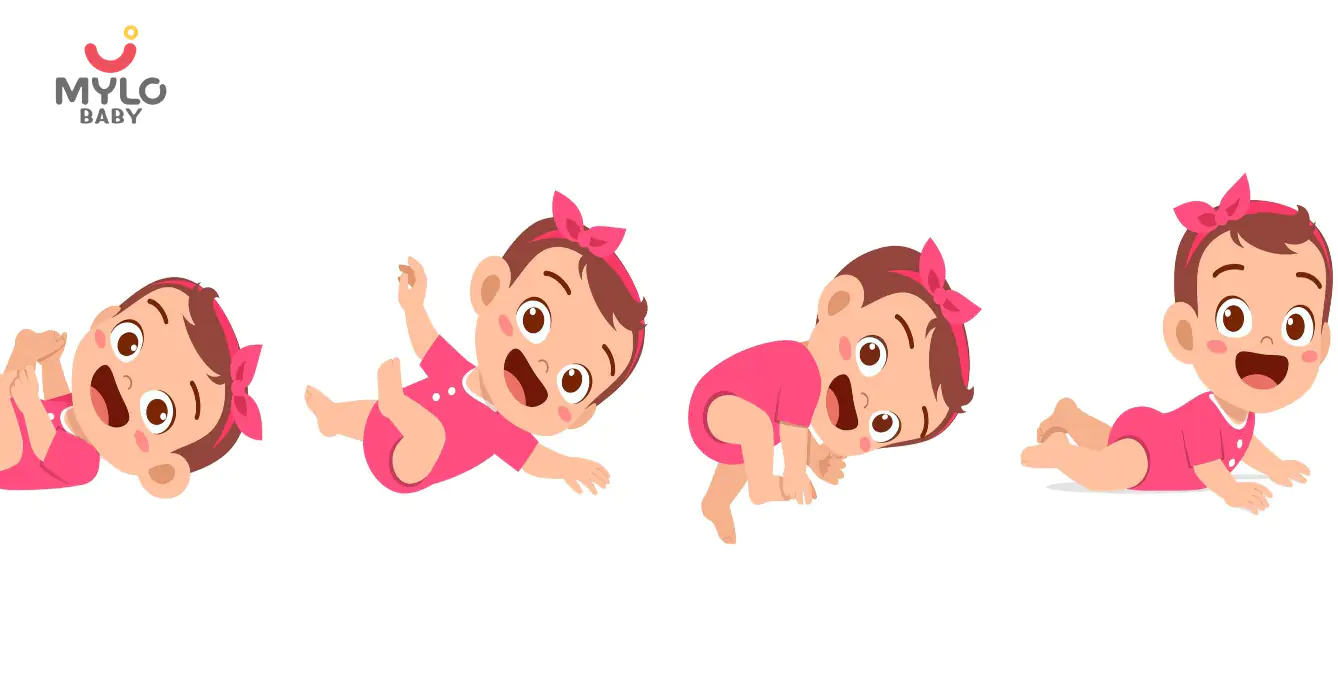
Motor Skills
Here’s a List of a Lot of Things That You Need to Know When Your Baby Starts Rolling Over

Travel & Holidays
How to Travel Around the World Stress-Free With Your Baby?

Sex Life
গর্ভবতী হওয়ার জন্য প্রধান 10টি যৌন অবস্থান: গর্ভধারণের চেষ্টাকারী দম্পতিদের জন্য আলোচনা | Top 10 Sex Positions to Get Pregnant: The Ultimate Guide for Couples Trying to Conceive in Bengali
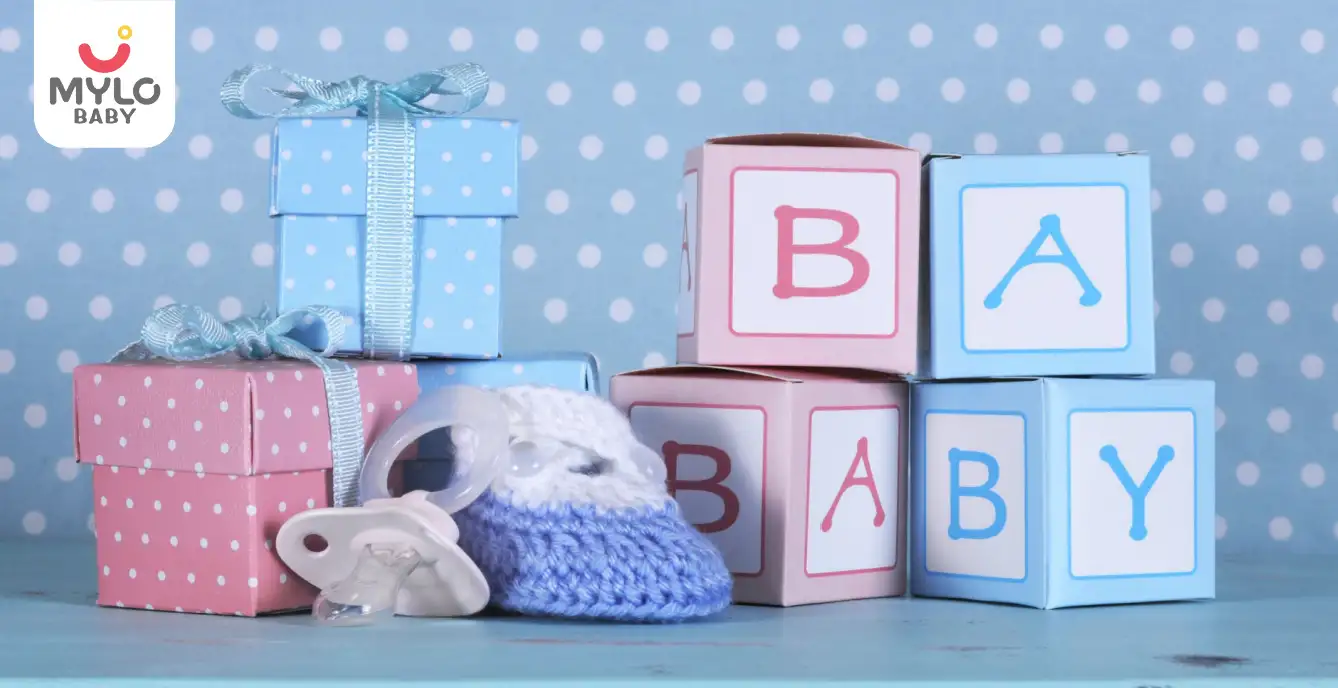
Announcements & Celebrations
Welcoming New Born Baby Quotes to Celebrate Life's Greatest Gift
- It's a Baby Girl! 50+ Ideas for Announcing Your Daughter's Birth
- Never Miss These Crucial Warning Signs of Emotional Development Problems in Your Baby
- The Ultimate Guide to Using Almond Oil for Baby Massage
- An ultimate guide about health, growth, and care for a 7-weeks-old baby
- Posterior Placenta: A Comprehensive Guide for Moms-to-Be
- Let's know more about the growth and development of the brain in infants and early childhood.
- Postnatal Care in India
- Low Birth Weight: Causes, Complications & Treatment
- Laparoscopic Ovarian Drilling: A Safe and Effective Solution for PCOS-Related Infertility
- Headache During Pregnancy: The Ultimate Guide to Causes and Cures
- Fetal Doppler Scan During Pregnancy: In which week should you get it done?
- How Long Should Naps Be While Pregnant?
- Blocked Fallopian Tubes: How They Affect Your Chances of Conceiving
- How Do You Notify Your Employer That You Are Pregnant?


AWARDS AND RECOGNITION

Mylo wins Forbes D2C Disruptor award

Mylo wins The Economic Times Promising Brands 2022
AS SEEN IN
















- Mylo Care: Effective and science-backed personal care and wellness solutions for a joyful you.
- Mylo Baby: Science-backed, gentle and effective personal care & hygiene range for your little one.
- Mylo Community: Trusted and empathetic community of 10mn+ parents and experts.
Product Categories
baby carrier | baby soap | baby wipes | stretch marks cream | baby cream | baby shampoo | baby massage oil | baby hair oil | stretch marks oil | baby body wash | baby powder | baby lotion | diaper rash cream | newborn diapers | teether | baby kajal | baby diapers | cloth diapers |



